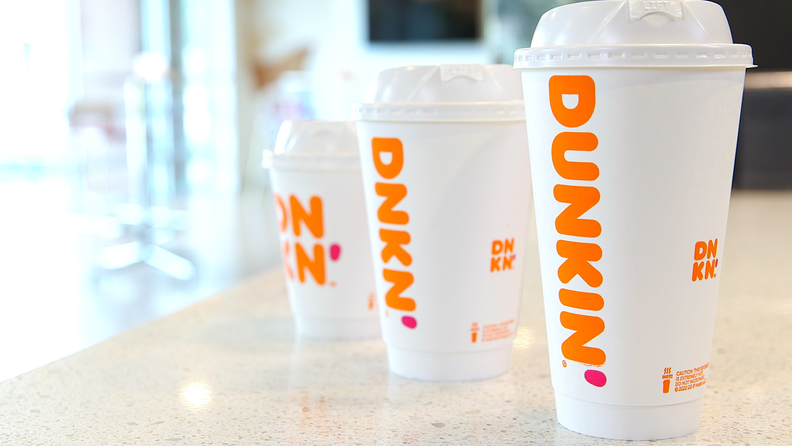
"While a limited number of Dunkin' restaurants may still have foam cups in their inventory, the company's distribution centers are no longer offering foam cups, making only the new, double-walled paper cups available to Dunkin' U.S. franchisees for use in their restaurants," the company announced. The replacement has continued steadily even as the brand "continues to navigate the COVID-19 health crisis." The move to paper cups eliminated an estimated 1 billion foam cups from its operations, accounting for what it says is 19 million pounds of PS from the waste stream. Dunkin' expects to transition all of its hot coffee cup lids in the U.S. to recyclable polypropylene by the end of the summer. Snacking in a masked world Something I've been wondering about: Will the new need for face masks mean a reprieve for plastic straws? I haven't seen any studies on this, no data to support my conclusions, but it seems to me that whenever people return to offices and shops, they'll be wearing masks. And it's hard to eat or drink anything without removing the mask, which should help us battle mindless snacking. But how will you drink water when you're back at your work desk? A water bottle will be hard to drink out of. A straw, however, can go under a mask. (New Orleans fashion designer Ellen Macomber actually has a range of cloth masks with an opening specifically for straws.) So, less sipping, more sucking? We may find out soon. Of course, those straws may be reusable ones or compostable ones, but I expect we'll be seeing more in the near future. Virginia National Guard The complicated questions in Washington The global plastics industry has sure stepped forward to fill missing gaps in supply chains, with materials suppliers, mold makers, machinery firms, molders and shipping companies all acting quickly when needed. The long-term logistics remain complicated, however. Steve Toloken writes about lobbying going on in Washington both in favor of and against tariffs on Chinese-made items. For some companies, the response to the coronavirus has shown the need to support a homegrown industry that can move quickly. Others see the need to further lower barriers and allow more material and products to move across the globe. It's a complicated issue, and one that we'll continue tracking as manufacturing restarts.







